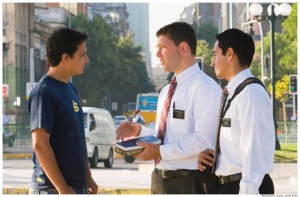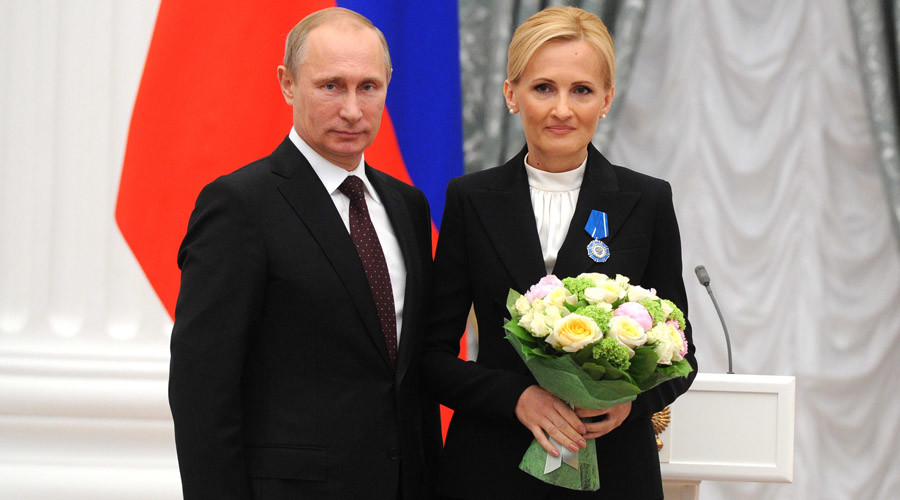
In June of this year the Russian Federation’s Duma approved a finalized version of anti-extremist/anti-terrorist legislation that had been previously introduced by Duma delegate Irina Yarovaya. The legislation was introduced as an extreme response to the attacks in Paris last year, as well as, the bombing of a Russian airliner. Following the approval of the final draft, to become law the legislation required approval of the Federation Council, the other house of the Russian Federal Assembly, and then the signature of Russian President Vladimir Putin. One aspect of the new law, scheduled to go into effect 20 JUL 2016, would have a profound affect in the religious lives of many Russian citizens.
Putin signed the bill 7 JUL and the Yarovaya Law went into effect three days ago. The law strictly defines and regulates evangelism or missionary work. The sharing of religion is now restricted to the houses of worship of officially recognized religious organizations. The sharing of one’s faith in individual homes, online or anywhere but a recognized religious building is strictly forbidden. Additionally, anyone doing evangelism/missionary work must carry a government permit obtained through an officially recognized religious organization.
If the law is strictly enforced as written, anyone doing missionary work other than in a religious building, or without a permit, could individually be fined $780 and the institution they represent could be fined $15,500. A foreign visitor could also be deported for breaking this law. Those most affected would be small religious groups who until now have gathered in individual member’s homes because they can’t afford an officially recognized building. Christian organizations most affected by the new laws are Evangelicals, Pentecostals, Seventh-day Adventists, Jehovahs Witnesses and Latter-day Saints. Muslim and Jewish organizations are also alarmed by the new law. Other religious groups potentially affected are the International Society for Krishna Consciousness and Federation areas with large Buddhist populations where Buddhist monks traditionally beg on the streets for their daily sustenance.
At this point, no one in Russia knows to what extent this law will be enforced against religious groups. Nor whether individual officials under the color of law will use the law to carry out personal persecution of local groups. It was reported by one group that a local police officer visited a home where Pentecostal Christians meet on Sundays and made the threat that with the new law he would drive them all out. Other’s fear that they could be punished for merely using email to invite family or friends to church.
Primary information for this story was gathered from Meduza, the Deseret News, Christianity Today and HuffPost Religion.
The main image of Russian President Vladimir Putin and Duma Delegate Irina Yarovaya is from Russia Today. The image of the LDS missionaries is from mormonwiki.com.

